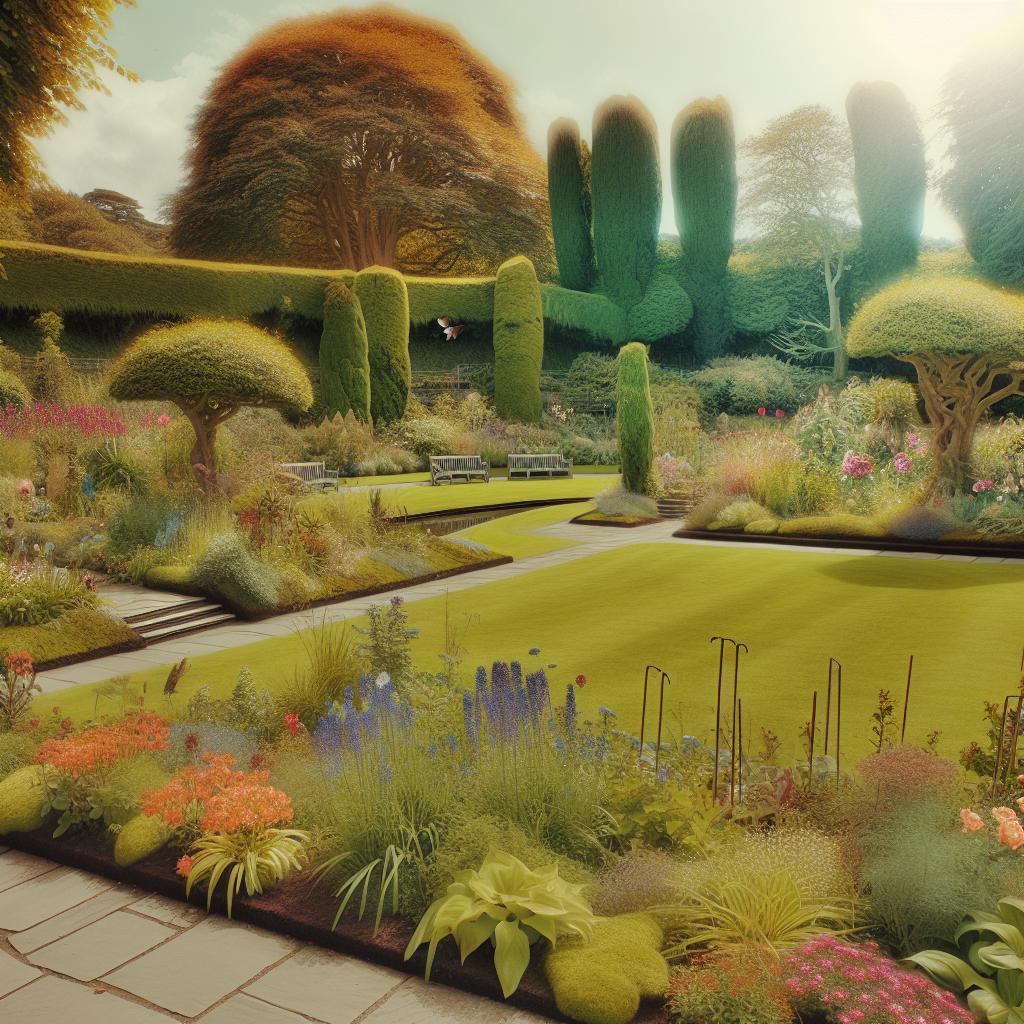Overview
Alexander Garden was a notable figure in the 18th century, distinguished for his contributions to the realms of botany, zoology, and medicine. Born on December 5, 1730, in the town of Birse, Scotland, he demonstrated early aptitude in scientific exploration. Pursuing his medical degree at the esteemed University of Aberdeen, Garden immersed himself in the study of medicine, a field that would later serve as the basis for his career. However, his interests were not confined to medicine alone. In 1752, he made a significant life change by moving to South Carolina, a decision that would allow him to forge a path as a respected scientist. Although he maintained an active medical practice, he became better known for his substantial contributions to natural sciences, particularly botany and zoology, leaving a lasting legacy.
Botanical Contributions
Upon arriving in South Carolina, Alexander Garden developed a deep-seated interest in the indigenous flora and fauna. This region, with its rich and varied ecosystem, provided endless opportunities for study and research. Garden’s focus on botany resulted in his recognition as one of the foremost botanists of his time. He invested considerable effort in documenting and understanding plant species, from both an aesthetic and scientific perspective. His detailed observations and written accounts contributed to a deeper understanding of several plant species that were previously undocumented or misunderstood.
Correspondence with prominent scientists, such as Carl Linnaeus, was a crucial aspect of Garden’s work. Linnaeus, known as the father of modern taxonomy, revolutionized the classification of living organisms, and his collaboration with Garden proved mutually beneficial. Garden sent numerous plant specimens to Linnaeus, who was instrumental in introducing them into European scientific circles. The scientific discourse between these two intellectual giants enhanced Garden’s reputation, culminating in Linnaeus naming the gardenia plant after him. This act was not merely a gesture of friendship but a reflection of Garden’s esteemed status in the field of botany. His meticulous work in identifying and classifying plant species contributed significantly to bridging the gap between European and American botanical studies.
Correspondence and Influence
Garden’s extensive correspondence with scientists across Europe acted as an intellectual bridge over the Atlantic. This exchange of ideas, specimens, and findings proved invaluable. By maintaining an active dialogue with the European scientific community, Garden facilitated the transfer of critical knowledge that enriched the field of botany immensely. His contributions to the classification of plant species were instrumental in advancing botanical science. This network of communication served not only to disseminate Garden’s work but also to create a cohesive and international understanding of botanical science. His efforts were pivotal in creating a foundational knowledge that future scientists built upon.
Zoological Studies
Beyond the world of plants, Alexander Garden made significant strides in the realm of zoology. He was a diligent observer and took an active interest in American wildlife, focusing on fish, birds, and other native species. At a time when the zoological wonders of America were just beginning to be explored by European naturalists, Garden’s findings provided new insights into the diverse fauna of the region.
Notable Achievements in Zoology
Garden’s zoological work is marked by his discovery and description of several new species. His detailed observations and documentation were invaluable to contemporaries engaged in similar research. This work contributed immensely to the broader scientific community’s understanding of North American wildlife. His collections and correspondences with fellow naturalists laid down essential groundwork, extending the scope of zoological knowledge available at the time. Many of his observations were later influential in the studies of well-known naturalists and are still referenced in scientific literature today. These achievements highlight Garden’s passionate commitment to expanding the world’s understanding of natural history.
Legacy
Alexander Garden’s life exemplifies the delicate balance between professional obligations and personal passion. While he was a practicing physician, his dedication to the natural sciences was unwavering. His pioneering work in a relatively isolated part of the world underscored both his passion and resilience. Garden’s contributions have had a lasting impact, helping to set the stage for subsequent researchers in botanical and zoological sciences. The dynamics of his work continue to influence modern science and education, illustrating how a blend of determination, curiosity, and collaboration can lead to significant scientific advancements.
Recognition
The legacy of Alexander Garden remains pronounced within the fields of botany and zoology even today. The genus Gardenia, with its fragrant and beautiful blossoms, serves as an enduring testament to his contributions. Several species across different genera also bear his name, underscoring his important role in 18th-century scientific exploration. His contributions formed the bedrock upon which further studies were conducted, and his name endures within the annals of scientific history. Garden’s story is not just a tale of personal success but also of the enduring impact one individual can have on the collective scientific understanding of the world.
For those interested in delving deeper into the life and works of Alexander Garden, a wealth of information is available through libraries and specialized archives dedicated to historical science. These resources offer detailed insights into his work and offer context for his numerous contributions to botany, zoology, and medicine. Garden’s legacy continues to inspire both seasoned scientists and budding enthusiasts, ensuring that his contributions will not be forgotten.

